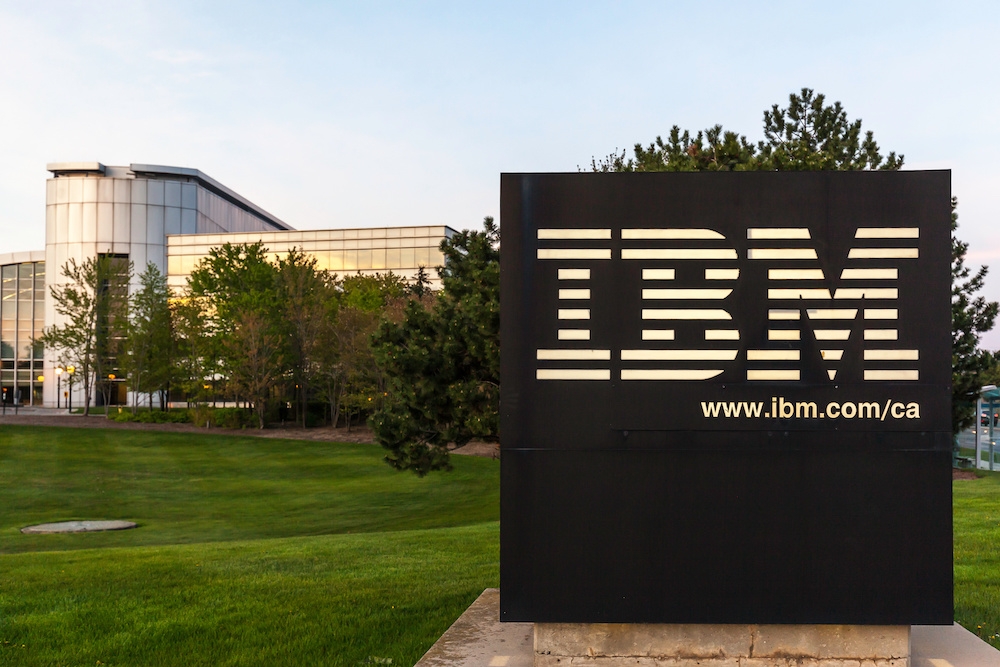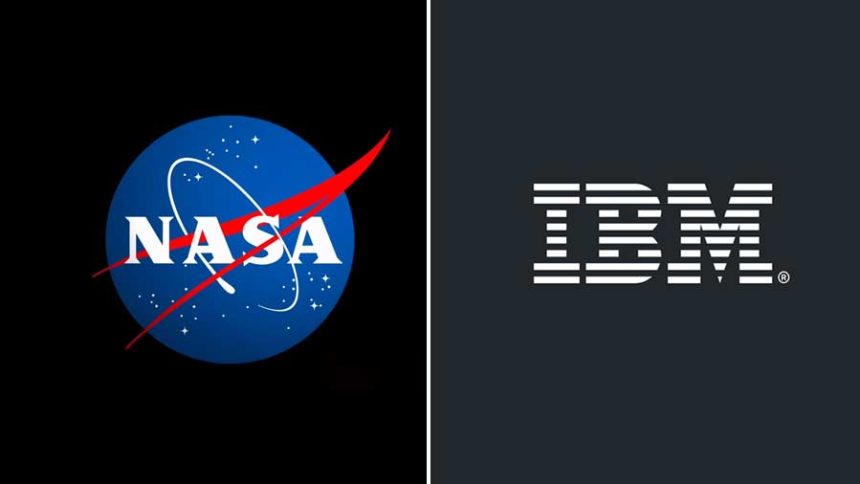According to NASA, scientists will have 250,000TB of data from future satellite missions by the year 2024. The IBM open-source AI model will now assist in its analysis. Earlier last year, IBM and NASA joined forces to apply AI foundation models. The enormous geospatial data sets the space agency had gathered to learn more about Earth’s climate. According to IBM, the first-ever open-source AI foundation model was developed in partnership with NASA.

Earth observation is the process of acquiring data about the physical, chemical, and biological systems of the planet. Typically by satellite images. The alliance aims to make it simpler and quicker for researchers to analyze and extrapolate information from these huge datasets.
By 2024 NASA will have 250,000 TB of climate data
There are worries that these enormous databases still provide challenges for scientists and academics to analyze. According to Sriram Raghavan, vice-president of IBM Research AI, “The essential role of open-source technologies to accelerate critical areas of discovery like climate change has never been clearer.”
- Advertisement -

By making it accessible on the top open-source AI platform Hugging Face. We can tap into the power of teamwork to quickly and significantly enhance our planet. To glean fresh insights from Earth observation data, the two organizations want to collaborate on several projects. For instance, IBM is using NASA’s Harmonized Landsat-Sentinel-2 dataset to train a foundation model. This dataset provides details about changes to land cover and land use that have been observed by satellites.

This fundamental model is intended to help researchers analyze the Earth’s environmental systems. Also by identifying changes in natural catastrophes, crop yields, and wildlife habitats through the analysis of satellite data.
According to Jeff Boudier, head of product and growth at Hugging Face, “AI remains a science-driven field, and science can only progress through information sharing and collaboration.” To advance AI and ensure that as many people as possible will benefit from the technology, open-source AI and the free distribution of models and datasets are essential.



